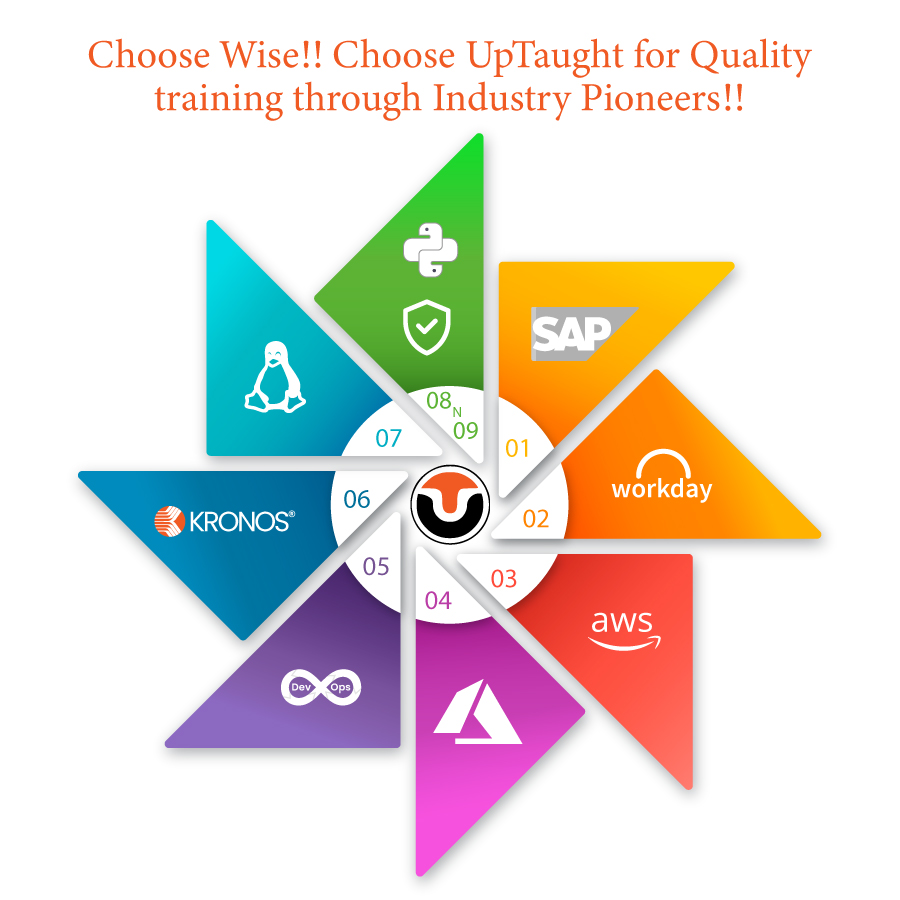1. In AWS DevOps, which source repositories can be utilized with CodeBuild?
AWS CodeBuild can easily connect to AWS CodeCommit, GitHub, and AWS S3 to retrieve the source code needed for the build.
2. Can AWS CodeBuild be utilized with which programming frameworks?
AWS CodeBuild delivers Python, Ruby, Java, Android, Docker, Node.js, and Go environments. Initializing and generating a Docker image can also be used to create a bespoke environment. This is then uploaded to the EC2 or DockerHub registries. Afterward, this is used to refer to the image in the user’s build project.
3. Is it possible to use AWS CodeBuild with Jenkins in AWS DevOps?
Yes, AWS CodeBuild and Jenkins can simply work together to perform and run jobs in Jenkins. Build jobs are pushed to CodeBuild and executed, obviating the need to manually create and control worker nodes in Jenkins.
4. Is it possible to use AWS CodeStar with third-party integrations?
Yes, AWS CodeStar is compatible with Atlassian JIRA, a popular software development platform for Agile teams. It may be smoothly connected with projects and handled from there.
5. Why is AWS DevOps so vital in today’s world?
Everything from entertainment to banking has been scaled to the clouds, with new firms popping up every day and the Internet’s expansion.
The majority of businesses use cloud-based solutions that can be accessed from a range of devices. All of the linked processes, including logistics, communication, operations, and even automation, have been scaled online. AWS DevOps is critical in assisting developers in transforming the way they build and deploy new software in the most efficient and effective manner.
6. In AWS DevOps, what are microservices?
Microservice architectures are techniques for designing a single application as a collection of services. Each of these services has its own process structure and communicates with the others through a structured interface that is both lightweight and simple to use. The majority of this communication is done through HTTP and API requests.
7. In AWS DevOps, what is CloudFormation?
AWS CloudFormation is an important service that allows developers and organizations to quickly assemble a collection of AWS resources and then distribute them to the appropriate teams in a structured manner.
8. What is a Virtual Private Cloud (VPC) in AWS DevOps?
A VPC (Virtual Private Cloud) is a cloud network associated with an Amazon Web Services account. It’s one of the earliest parts of the AWS infrastructure, allowing users to build regions, subjects, routing tables, and even Internet gateways in their accounts. This will provide users the option of using EC2 or RDS depending on their needs.
9. What is AWS IoT in the context of AWS DevOps?
AWS IoT is a managed cloud platform that will include features that allow connected devices to safely and seamlessly communicate with all cloud applications.
10. In AWS DevOps, what is EBS?
Elastic Block Storage, or EBS, is an AWS virtual storage area network. The block-level storage volumes used in EC2 instances are referred to as EBS. AWS EBS provides a reliable means to store data and is highly compatible with other instances.
11. What is the abbreviation for AMI?
The Amazon Machine Image (AMI) is a snapshot of the root file system. It covers all of the information required to set up a cloud server. It contains all of the necessary templates and permissions for managing cloud accounts.
12. What is the purpose of a buffer in AWS DevOps?
In AWS, a buffer is used to keep the various components that handle incoming traffic in sync. With a buffer, balancing the incoming traffic rate and pipeline utilization becomes easy, ensuring uninterrupted packet delivery across the cloud platform in all conditions.
13. What does Infrastructure as Code (IaC) imply?
In an AWS DevOps interview, this is one of the most often asked topics. IaC is a typical DevOps strategy in which code and software development techniques aid in the management of the complete infrastructure, from continuous integration to version control. The cloud API concept makes it much easier for developers to programmatically interact with the entire infrastructure.
14. What are the upcoming AWS DevOps trends?
The interviewer is attempting to gauge your understanding of the subject and your research in the field with this question. To add credibility to your candidacy, make sure to provide accurate information and give relevant references. Also, attempt to illustrate how Cloud Computing and revolutionary software approaches are having a significant impact on enterprises all over the world, as well as their potential for rapid expansion in the future.
15. Has your college education aided you in your Data Analysis efforts?
This is a question about the most recent college program you finished. Do talk about the degree you earned, how it was valuable, and how you intend to put it to good use in the days ahead after being hired by the organization. If you have dealt with Cloud Computing or Software Engineering approaches in this degree, you will have an edge.
Bottom line:
Hope you will like this. If you want to connect with us, visit our website.
All the best!




